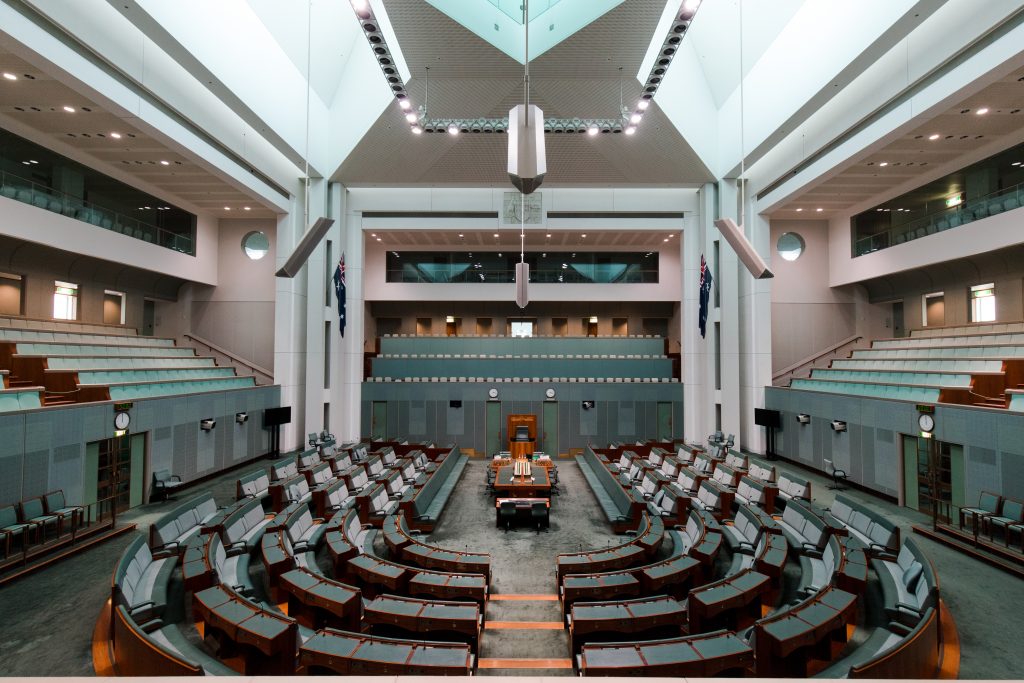Yes, they have tax policies
As the saying goes, change the government, and you change the country. Change doesn’t happen by itself; through government, it happens by changes in policy. The particular focus here is the new government’s tax policies taken to the election – and the possible unspoken ones.
It might come as a surprise to learn that the then-Opposition, now government, did take some tax policies to the election.
The main ones were:
- Allowing the legislated Stage 3 tax cuts to go ahead, which commence from 1 July 2024
- Supporting the OECD’s Two-Pillar Solution for a global 15% minimum corporate tax
- Limiting debt-related deductions by multinationals to 30% of profits
- Fringe Benefits Tax (FBT) exemption from 1 July 2022 for certain electric cars.
The first two were going to happen anyway. The third is a nod to the occasional allegation of multinationals not paying their “fair share” of tax, and is essentially a tweak to the thin capitalisation rules. The last one, however, will be a notable change, incentivising employers and employees to opt for electric cars over petrol ones. At the time of writing, the Bill was still before Parliament, but there is every expectation that it will pass.
Tax reform?
There’s a world of difference between a stand-alone tax policy and tax reform. Genuine tax reform has been almost non-existent over the last 15 years, spanning two governments and five prime ministers. But hey, maybe this time round will see some genuine reform.
There were some encouraging words from Treasurer Jim Chalmers, who said last year:
“I want to have a proper look at the tax system across the board”
They are some hefty words, perhaps a hint of what might come. A “proper” look inherently means listening to tax experts and economists, accepting credible evidence, and acknowledging the realities of other countries’ lived experiences. There is no shortage of these things. And “across the board”? Ken Henry was not permitted to consider the GST in his 2010 review. Given that the GST is one of the most significant taxes in our system, and is the linchpin in our mix of taxes, it was a crucial exclusion that severely constrained the review’s value, as substantial as it was despite the exclusion.
The last two governments have a limited record on genuine tax reform, and so the new Albanese Government has an opportunity to distinguish itself on this policy front from its immediate predecessors. We hope that Treasurer Chalmers will hold true to his word.
History shows that reform is best undertaken by governments while doing the job of governing, rather than through elections. In fact, it is said that an election campaign is the worst time to subject policies to judgement. With the high stakes, time pressure and emotional adrenaline, judgements can go awry. Far better to debate policies, prosecute their case, and ultimately judge their merit for implementation in the somewhat calmer environment of running the country.
Special October Budget
And that leads us to the special Budget that the government has scheduled to deliver on 25 October. It’s an opportunity to start a reform journey from within government, which, as noted, is the best way to do that. Budgets nowadays are rarely used to announce taxation changes of any significance (the recent exception being in responding to a once-in-a-century pandemic). So, the special October Budget might buck that trend, being a prime opportunity to say so much that has been unsaid.
At Nexia Edwards Marshall NT, we are constantly monitoring developments to keep you informed. The special October Budget might well contain announced changes that will present opportunities, or risks, for your business. Our Special Budget Summary will set out the key announcements, and we look forward to discussing with you what they will mean for your business.



